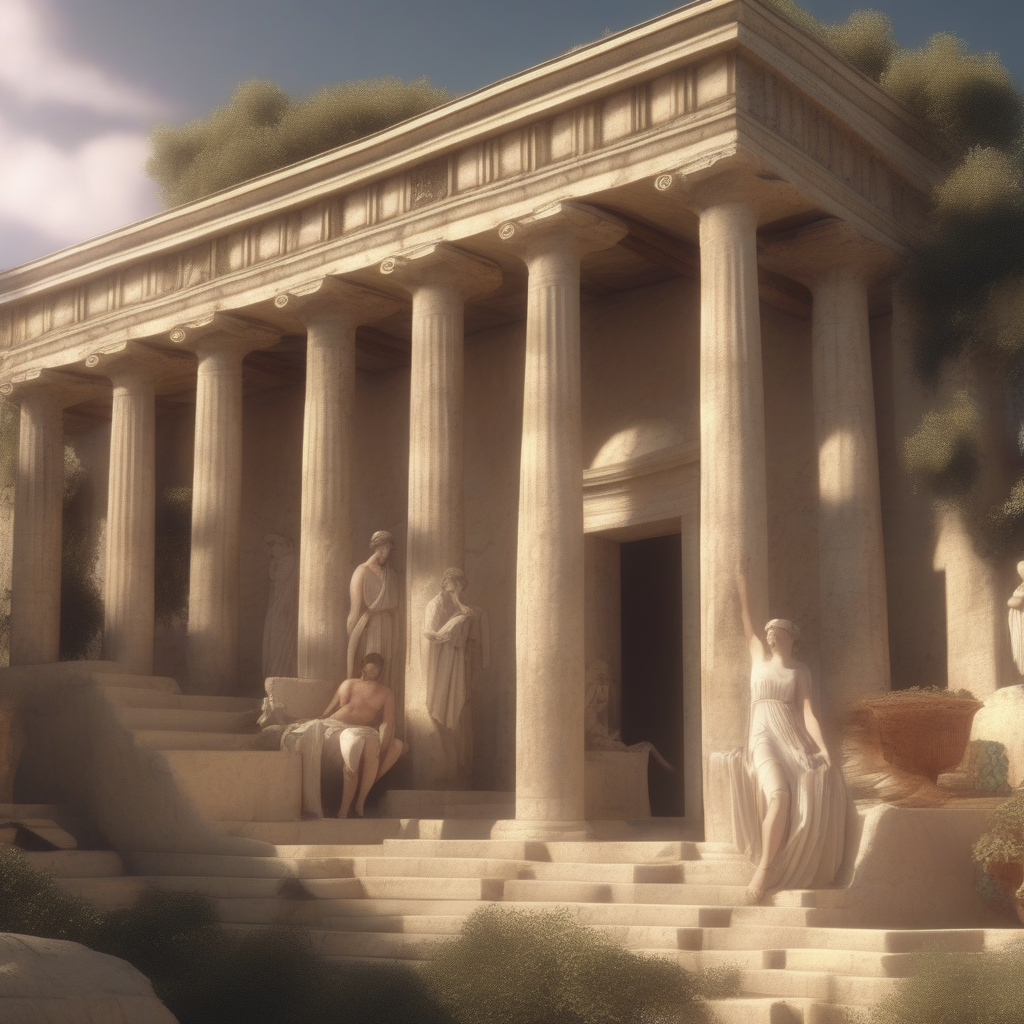Epodes are a form of lyric poetry that originated in ancient Greece. They are characterized by their short, often satirical or invective nature, as well as their distinctive structure and rhythm. Unlike other forms of lyric poetry, epodes typically have a stanzaic structure consisting of a pair of verses followed by an epode, which is a longer third verse or passage.
The word “epode” itself comes from the Greek word “ep?id?,” which means “a song sung to accompany a dance.” This suggests that epodes were originally intended to be performed, and their rhythmic and lively nature supports this notion. The content of epodes varies widely, but they often reflect social or political issues of their time. Some epodes are humorous, mocking individuals or societal norms, while others express anger or criticism towards specific individuals or groups.
One of the most famous writers of epodes is the Roman poet Horace, who lived in the first century BC. In his collection of poems called “Epodes,” Horace covers a wide range of themes, including love, friendship, and politics. His epodes are known for their wit, clever wordplay, and vivid imagery. Horace’s use of the epode structure allows him to play with the reader’s expectations and create surprising shifts in tone and subject matter.
Overall, epodes are a unique and dynamic form of poetry that allows for creative expression and commentary on various aspects of society. Their rhythmic structure and focused themes make them stand out among other forms of lyric poetry, and their historical significance continues to influence modern poetry. Whether used for entertainment or to convey powerful emotions and ideas, epodes have proven to be a timeless and captivating form of expression.
